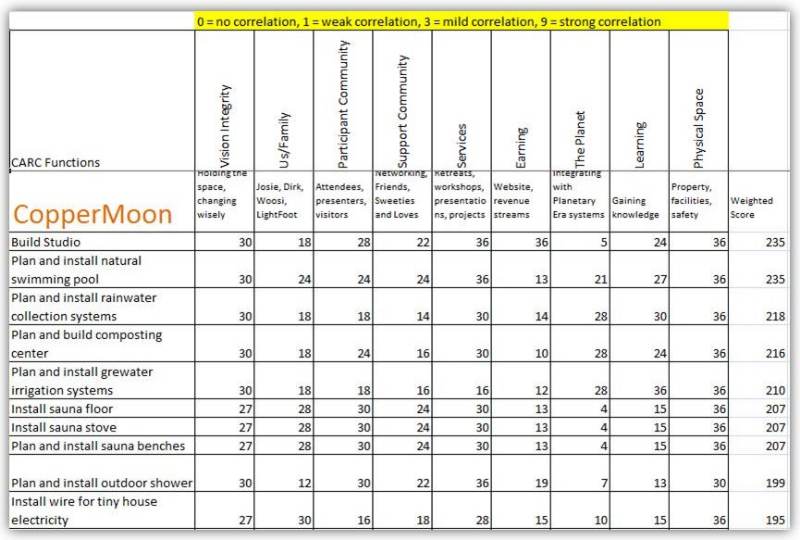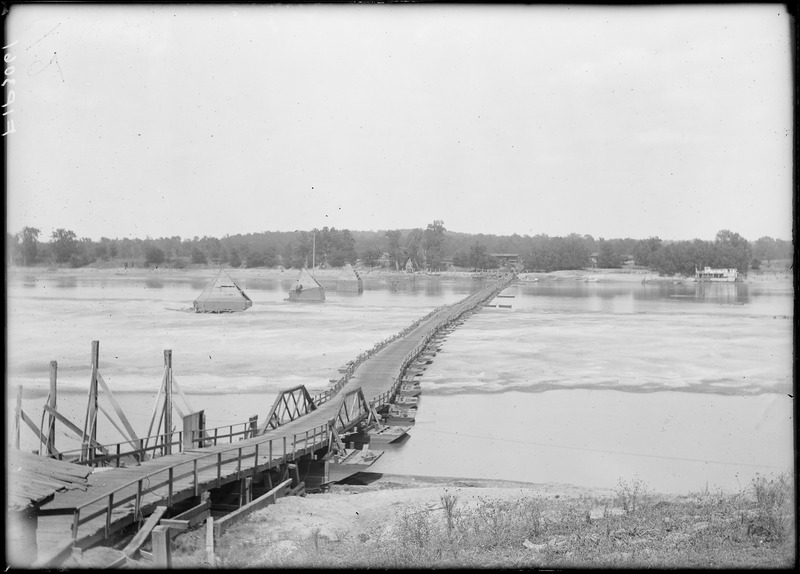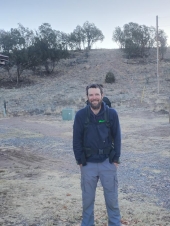
 3
3




 2
2




Idle dreamer
 2
2








 1
1




 2
2




 1
1








E Cochran wrote: an old run-down house to fix, no running water, and more problems than solutions it's hard to step back and remember going slow is okay. ... I think I just need to put all of that behind me and start with fresh eyes. Look where we are, make plans, and move forward.
I'm going to take your advice though ... prioritize and not try to do more than 3 things at one time. When we get those 3 things done we can do more.
Tyler Ludens wrote:This may be no consolation, but I've been working on our place for nearly 20 years and still feel like I'm near the beginning. Largely because I did not have a clear understanding of permaculture design, so I'm making the design backwards. Much work may be saved by remembering the steps of the design process are 1. Water 2. Access 3. Structures. Structures include everything from the house to the gardens. It is very difficult to install the Water aspect after buildings, roads, and gardens are already in place. Then, I feel very strongly about starting in Zone 1 with gardens right around the house, and get those productive before moving outward with food forests, etc
Rick English wrote:Whenever I feel overwhelmed, I make a list. Seeing everything organized and prioritized in a list reduces my stress. A list helps me stop thinking/worrying about everything and just focus productively on a single thing at a time. I also feel a sense of accomplishment when I check something off the list.
Abbey Battle wrote:I think that's why you need a period of observation. Time to sit back and watch and let what needs to be done come forward. Ideas mature over time.
After each project you need to reflect and see what happens next.
I do like the notion of the land talking to you. That's exactly what I found.
Invasive plants are Earth's way of insisting we notice her medicines. Stephen Herrod Buhner
Everyone learns what works by learning what doesn't work. Stephen Herrod Buhner
















Adam
The Farmer @ Locabuck Farm








E Cochran wrote:Anne Miller - yes the old house had running water. This is one of those things we haven't quite figured out yet. We were told there was an old well on the property and we found an old pump house and well pipe stand. The pump house was filled with garbage really ... an old vacuum cleaner, books, old clothes, etc. The pipe stand is covered by the overhang of the pump house so until we remove the pump house we can't really see in the pipe ... but we dropped a rock in it and the rock only fell about 12 inches before hitting something solid. We don't know if it was capped off on purpose or if its just filled with debris from over the years.
E Cochran wrote:Anyway we were also told that the last owner of the house was connected to rural water and there is plumbing all over the house in the appropriate places so we have no reason not to believe this. BUT the rural water district claims this property has never been connected to rural water and they want us to pay them almost $4000 to tap into the system. I don't have $4000 to tap a water line, especially one that was obviously tapped before and shouldn't have to be done again.
For now we are hauling water to the property and storing in tanks until we can set up a catchment system for rain water. We have long hauled drinking/cooking water from an artesian well nearby that is free for everyone. (That's a whole different thread but fascinating to see all the different people who come to the "watering hole".) So we won't drink the rain water, just use it for cleaning and animals and garden.
Water, water, water has been our priority since day one ... but we had to set up animal pens and we had to deal with the neighbor over fencing and we had to put up a gate to deter people dumping trash on our property and and and and ... so we still haven't even dealt with everything we need for the water.
Invasive plants are Earth's way of insisting we notice her medicines. Stephen Herrod Buhner
Everyone learns what works by learning what doesn't work. Stephen Herrod Buhner




E Cochran wrote:So ... LISTS
I have questions ... or maybe I just have frustrations ... whatever. I tried using lists when I was in college. I tried again as a young mother. They never worked for me because as soon as I wrote it down on the paper my brain immediately began planning "it" and saw the list as a challenge to be accomplished in one day, one sitting, no holds barred, do not pass go, do not collect until everything is done. Lists just made me feel even more overwhelmed than I already was.
E Cochran wrote:Then I used lists in an organization I was head of where other people were in charge of completing things on the list and my mind changed a bit. I realized I could tick things off the list and eventually get to the end ... but I've never attempted to reapply that to my life.
So how do you organize your lists? Do you have one big long list that you work through item by item? Or do you have different lists for different things - like a master list with sub-lists? (I know this sounds ridiculous but ... I really don't know this stuff and don't know how to find out without asking.) Or do you do a list for each day and then move things to the next day if you don't accomplish them the first day? Or some combination or method I haven't fathomed yet?
E Cochran wrote:I"m thinking of getting a notebook and in the front section of it keeping a running list of everything that needs done as I think about it and then making sections for each component we are working on where the items can be furthered broken down. Then I could not only NOT keep everything in my head, I would also have a list of everything we'd done so I wouldn't feel like nothing is happening. Make sense?
Invasive plants are Earth's way of insisting we notice her medicines. Stephen Herrod Buhner
Everyone learns what works by learning what doesn't work. Stephen Herrod Buhner
 1
1




Living in Anjou , France,
For the many not for the few
http://www.permies.com/t/80/31583/projects/Permie-Pennies-France#330873








 1
1




"Where will you drive your own picket stake? Where will you choose to make your stand? Give me a threshold, a specific point at which you will finally stop running, at which you will finally fight back." (Derrick Jensen)






 1
1




Maureen Atsali
Wrong Way Farm - Kenya





